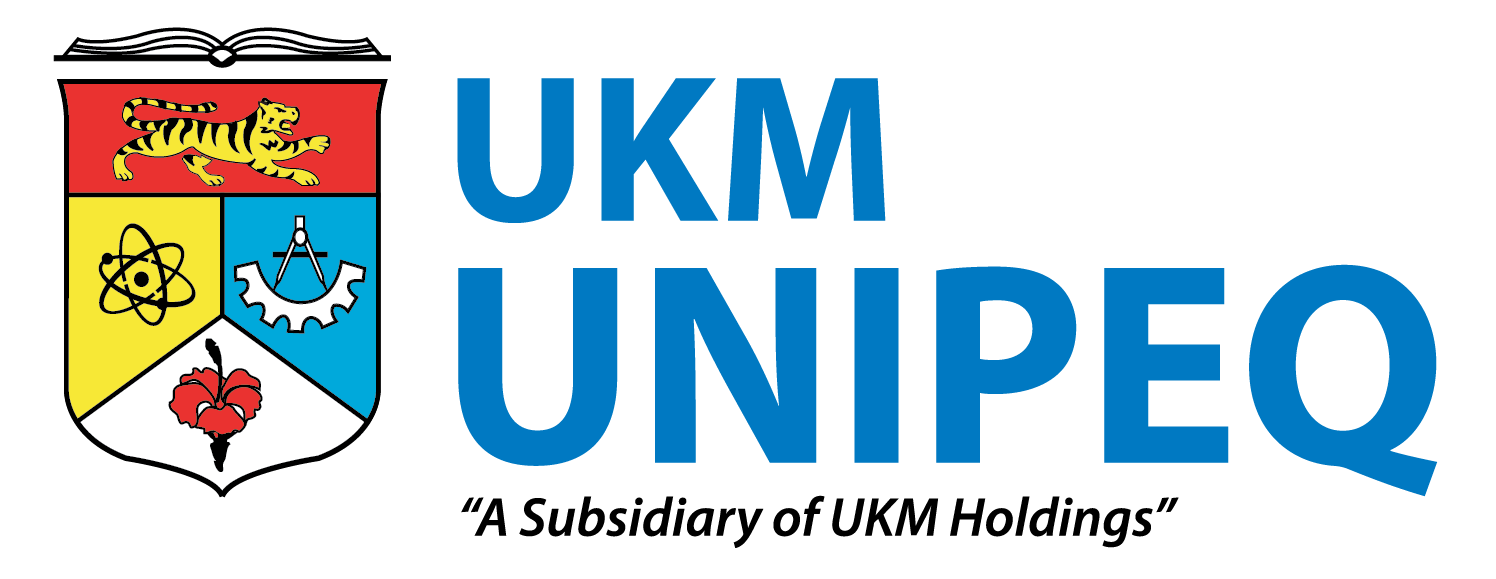
Malaysia’s culinary landscape, rich with flavours and traditions, is tightly woven into its cultural fabric. Ensuring the safety and health of consumers is paramount, and this is where the Food Handlers License (FHL) plays an essential role. But what happens if one chooses to forgo this crucial certification? Let’s delve into the implications.
Introduction
From the enticing aromas wafting through Penang’s streets to the bustling food bazaars in Kuala Lumpur, Malaysia takes pride in its diverse food offerings. Integral to this pride is ensuring safety standards, with the Food Handlers License (FHL) standing as a cornerstone. The absence of this license can have far-reaching consequences.
Legal Penalties
The Malaysian Ministry of Health mandates that food handlers undergo specific training and acquire the FHL. Failure to comply can result in:
- Fines: Businesses can face hefty fines if they employ staff who don’t possess a valid FHL.
- Closure: In severe cases, establishments may be shut down temporarily or permanently.
Compromised Food Safety
Without the FHL:
- Food handlers might not be aware of the best practices for safe food handling, storage, and preparation.
- There’s a higher risk of food contamination, leading to potential outbreaks of food-borne illnesses.
Loss of Consumer Trust
In the age of digital connectivity:
- News about businesses operating without necessary licenses can spread quickly.
- Potential customers may avoid establishments that don’t prioritize safety, leading to reduced patronage.
Economic Repercussions
The economic impact can be two-fold:
- Direct Financial Loss: Fines, temporary closures, and decreased patronage can harm business revenues.
- Tourism Impact: Malaysia’s tourism industry thrives on its culinary reputation. Any compromise on food safety can deter tourists, affecting the broader economy.
Damage to Business Reputation
Once a business gains a negative reputation:
- Rebuilding trust becomes challenging and time-consuming.
- Negative online reviews and ratings can further drive away potential customers.
Potential Health Risks to the Public
Operating without an FHL increases the risk of:
- Food poisoning outbreaks.
- Spread of infectious diseases through improper food handling.
Digital Implications for Businesses
For Malaysian entrepreneurs:
- Positive online reputation, including adherence to safety standards like FHL, can improve online presence.
- Negative feedback and reports about non-compliance can hinder online visibility, reducing organic traffic.
Conclusion
The Food Handlers License isn’t merely a bureaucratic formality in Malaysia. It’s a reflection of a business’s commitment to uphold the highest standards of food safety. While the temptation to bypass this license might exist, the potential consequences — both legal and reputational — can be detrimental, emphasizing the importance of compliance.




